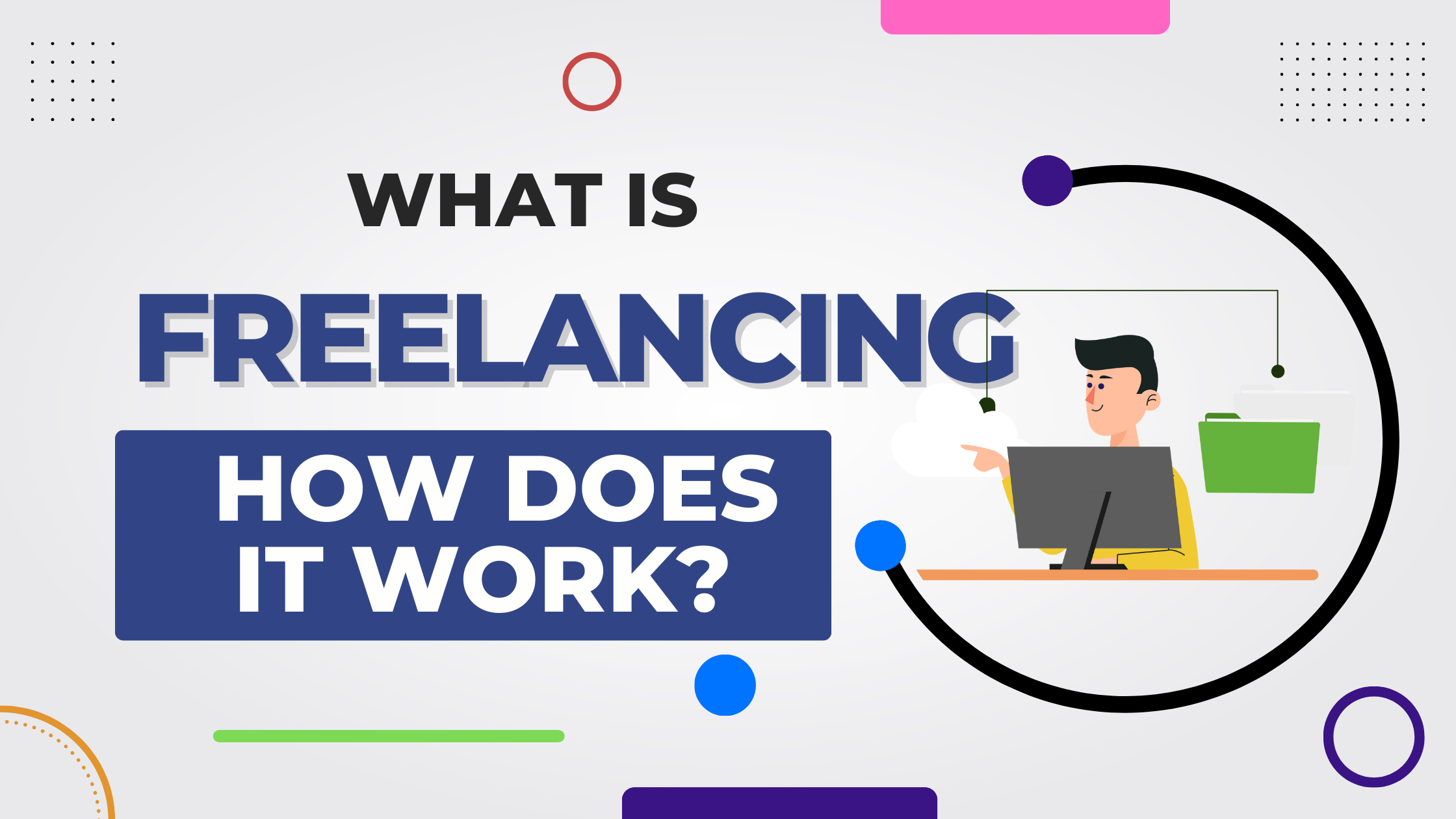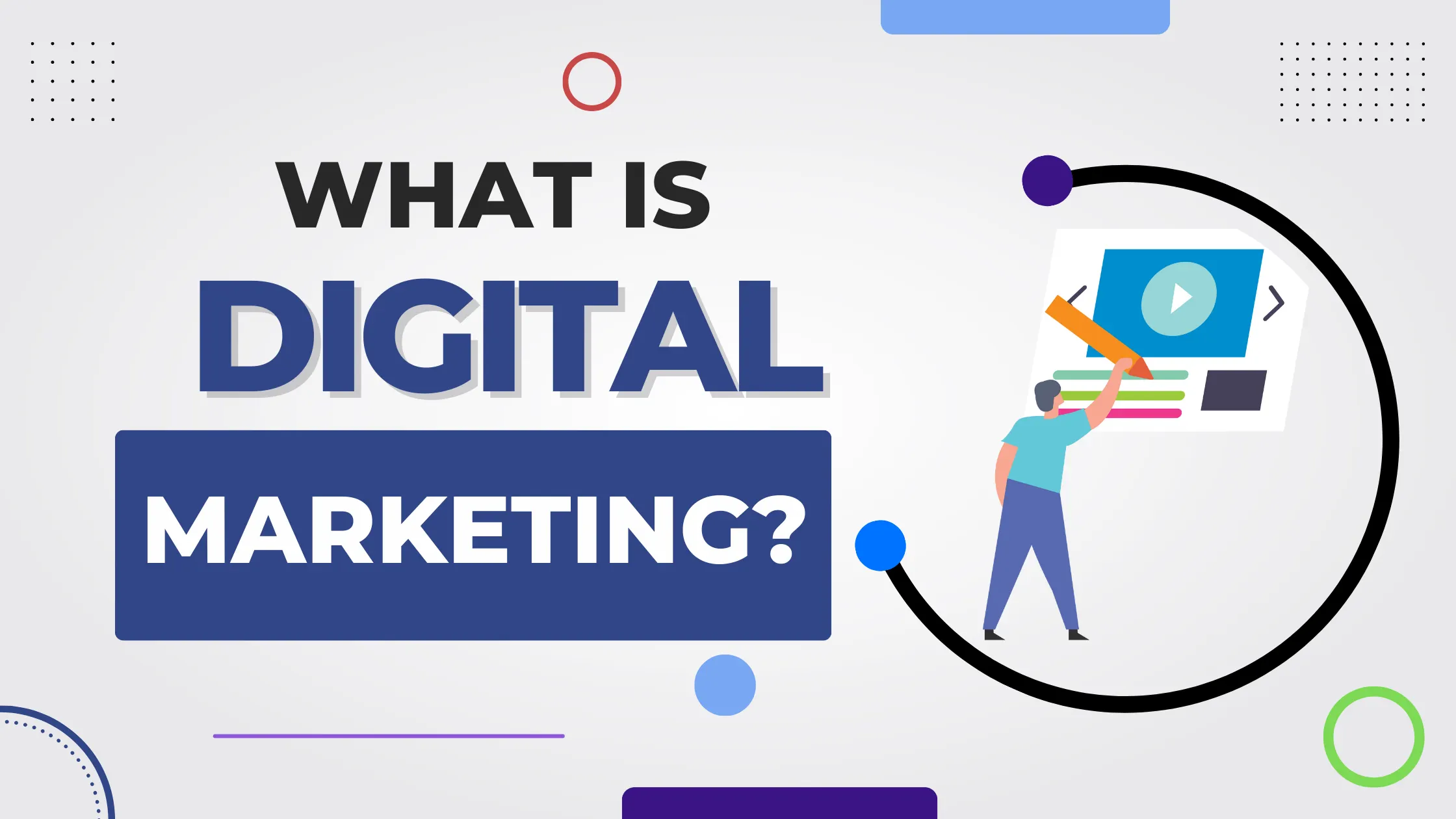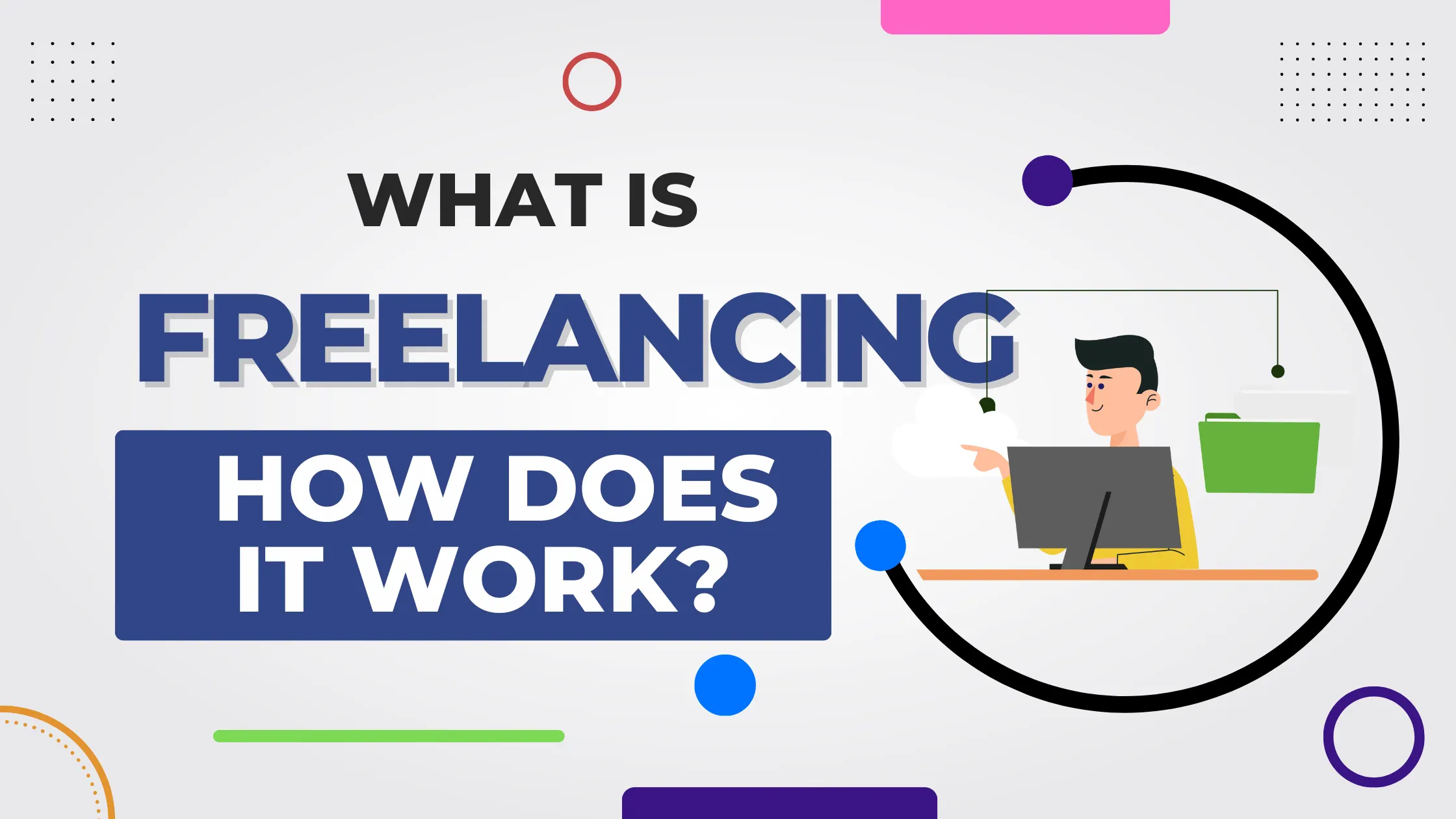What is Freelancing and How Does it Work: A Comprehensive Guide
In today's fast-paced and ever-evolving job market, freelancing has emerged as a popular career choice for many individuals. With the rise of the gig economy and advancements in technology, freelancing has evolved into a viable career path that offers ample opportunities for individuals across various industries. But what is freelancing exactly, and how does it work? In this comprehensive guide, we delve into the world of freelancing, exploring how it works, its benefits and challenges, and essential tips for success in this dynamic field.

Table of Contents
- Understanding Freelancing
- The Rise of the Gig Economy
- How Freelancing Works
- Benefits and Challenges of Freelancing
- Tips for Successful Freelancing
- Conclusion
Understanding Freelancing
Freelancing can be defined as a self-employed arrangement where professionals or individuals offer their skills, expertise, and services to clients on a project basis. Rather than being an employee of a company, freelancers work independently, often juggling multiple clients simultaneously. This setup allows freelancers to have more control over their workload, schedule, and earnings.
Freelancers, also known as independent contractors, possess specialized skills in various fields such as writing, design, programming, marketing, and more.
The Rise of the Gig Economy
The gig economy has brought about a significant shift in the way people work. More and more professionals are looking to break free from the constraints of traditional employment and embrace the flexibility and independence that freelancing offers.
Working as a freelancer offers several advantages. For one, it provides the flexibility to choose projects that align with one's interests and capabilities.
Freelancers can explore diverse opportunities that suit their skills, allowing them to continuously learn and grow professionally. Additionally, freelancing provides the freedom to work from anywhere, eliminating the constraints of a traditional office environment.
How Freelancing Works
To understand how freelancing works, we need to break down the key steps involved in the process:

1). Identifying a Niche: Freelancers must first determine their area of expertise or niche. This involves conducting thorough research and understanding the demand and competition within the chosen field. By selecting a niche, freelancers can position themselves as specialists in their area, attracting clients seeking specific skills.
2). Building a Portfolio: A strong portfolio is crucial for freelancers to showcase their past work and demonstrate their capabilities to potential clients. Freelancers should curate a collection of their best projects, highlighting their skills, achievements, and the impact they have made for their previous clients. A well-designed portfolio enhances credibility and increases the chances of securing new projects.
3). Finding Clients: Marketing oneself effectively is essential for attracting clients as a freelancer. Freelancers can utilize online platforms, social media, and professional networks to connect with potential clients. Networking events and industry conferences also provide opportunities to meet potential clients face-to-face. Building strong relationships with clients through excellent communication and reliable delivery of work is vital for repeat business and referrals.
4). Proposing Projects: When a freelancer identifies a potential project, they must submit a proposal outlining their expertise, the proposed solution or deliverables, estimated timelines, and pricing. A well-crafted and persuasive proposal can significantly increase the chances of winning the project.
5). Executing the Work: Once a project is secured, freelancers work closely with their clients to complete the assigned tasks or projects. Effective communication, meeting deadlines, and delivering high-quality work are critical for maintaining a positive reputation and ensuring client satisfaction.
Benefits and Challenges of Freelancing
Freelancing offers numerous benefits, including:

- Flexibility: Freelancers have the freedom to choose when and where they work, allowing for a better work-life balance.
- Independence: As a freelancer, you have control over the projects you take on and the clients you work with, providing a sense of autonomy.
- Variety: The freelance world offers opportunities to work on diverse projects, enabling continuous learning and professional growth.
- Potential for Higher Earnings: Freelancers have the potential to earn more than traditional employees, as they can set their own rates and negotiate contracts.
However, freelancing also presents certain challenges, including:
- Self-discipline: Working independently requires strong self-motivation and the ability to manage one's time effectively.
- Uncertainty: Freelancers may experience fluctuations in workload, making it essential to maintain a steady client base and build long-term relationships.
- Income Inconsistency: Unlike a traditional job with a fixed steady income, freelancers must plan and manage their finances to navigate through periods of irregular income.
Tips for Successful Freelancing
To thrive as a freelancer, consider the following tips:
- Specialize: Focus on a specific niche to position yourself as an expert in that area.
- Polish Your Skills: Continuously improve and update your skills to stay relevant and competitive in the market.
- Effective Time Management: Develop a schedule and stick to it to ensure productivity and meet project deadlines.
- Build Relationships: Cultivate strong relationships with clients and fellow freelancers to expand your network and gain referrals.
- Continuous Marketing: Regularly promote your services to attract new clients and maintain a consistent workflow.
Conclusion
Freelancing offers a world of opportunities for professionals seeking independence and flexibility in their careers. Understanding the ins and outs of freelancing, including identifying a niche, building a strong portfolio, and effective client acquisition, is essential for a successful freelance career. By recognizing the benefits and challenges of freelancing and implementing key strategies, individuals can unlock the true potential of this dynamic and rewarding career path.
We encourage you to share your thoughts and experiences in the comment box below and spread this valuable resource to your friends who might be considering freelancing.
















